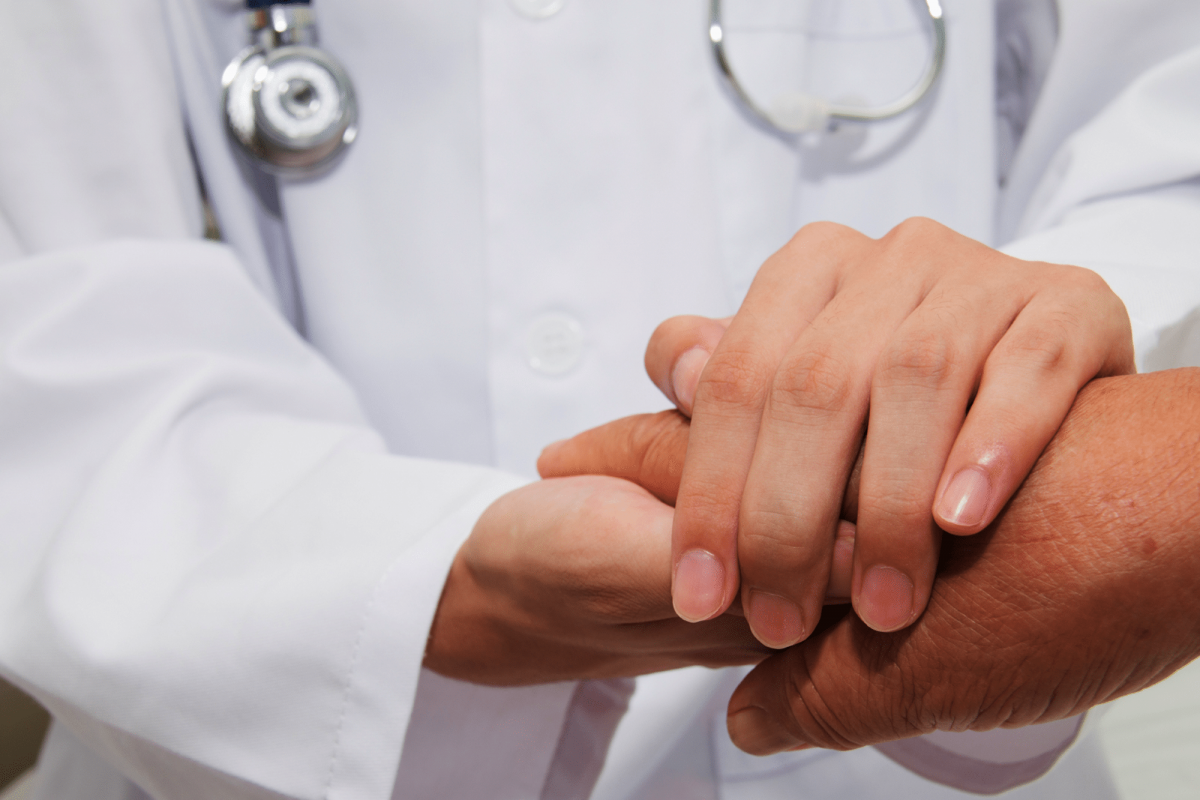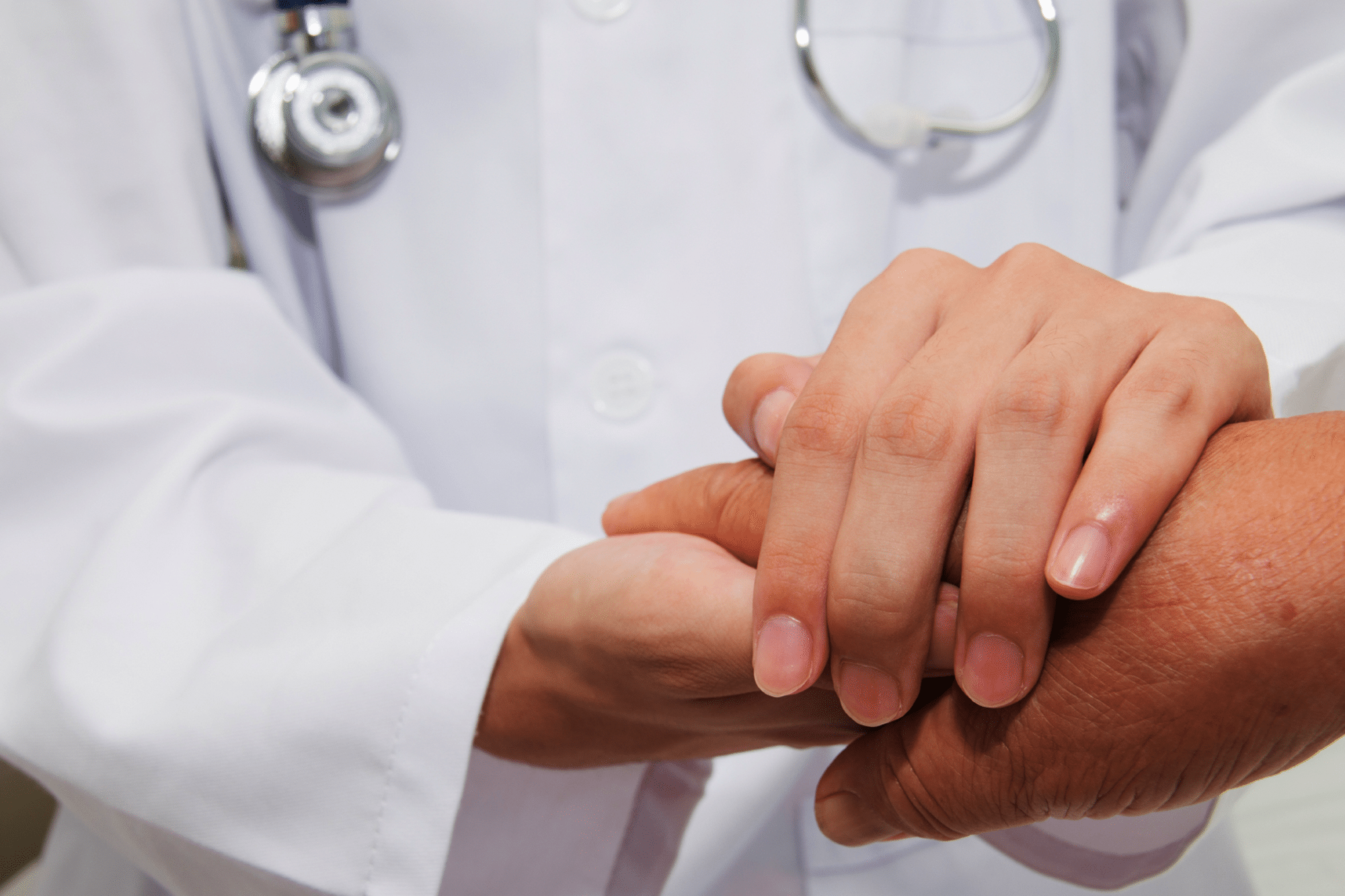Patient Safety – A global concern in healthcare today

Every year, a countless number of patients suffer injuries or die because of unsafe and poor-quality health care. According to WHO, estimates show that in developed countries as many as 1 in 10 patients are harmed while receiving hospital care. The harm can be caused by a range of errors or adverse events.
Recent advancement in technology has created an immensely complex healthcare system. This complexity brings many challenges for healthcare staff in order to keep the patient safe. Though a lot of people are treated successfully there are times when things can go wrong.
The science of delivering safer medical care in complex, pressurized and fast-moving environments is called ‘Patient Safety’ – a fundamental principle of healthcare.
Steps that doctors and hospitals can take to ensure patient safety are:
-
Ensuring proper patient identity. Patient coding/ labeling can be helpful
-
Not using abbreviations while writing prescriptions. Using capital letters makes it easy for the patient to understand
-
Proper training for healthcare professionals and team building activities
-
Utilisation state-of-the-art healthcare infrastructure
-
Effective use of signages will avoid unnecessary delays during hospitalization
-
Taking proper charge when handing over/taking over the patients especially during shifts
-
Engaging patient and their families in their own care
-
Adherence to Standard Operative Procedure (SOP)
-
Rational use of medicines and avoiding over prescription
Measures patients can take for their own safety:
-
Assist the hospital staff by ensuring that your personal data is accurate, including the allergies that you might be suffering from
-
Ask questions if you have any doubt or if you are not sure of any detail about the diagnosis. If in doubt, seek a second opinion on a medical condition.
-
Ask the doctor about the pros and cons of any medical procedure that is prescribed for you. Be clear about the side effects it might have.
Some universal precautions applicable to everyone:
-
Hand Hygiene: Wash/ sanitize your hands frequently while providing any kind of care to the patients
-
Gloves: Wear gloves while coming in contact with the patient
-
Facial Protection: Wear a surgical, eyewear or face shield while treating the patient
-
Linen: Proper sterilization of linen before every use
-
Needles: Dispose of the contaminated needles after every use
-
Patient care equipment: Clean and disinfect the reusable equipment before using it for another patient
-
Dispose of the waste: Ensure proper disposal of biomedical waste (waste produced in the hospital)
-
Etiquettes: Cover the nose/mouth while coughing/sneezing. Use a tissue/ handkerchief
With all these measures, doctors and caregivers can keep patients safe and away from harm. Do share this information with your loved ones to spread awareness about Patient Safety.
Request a call back



 Call-an-Ambulance
Call-an-Ambulance



